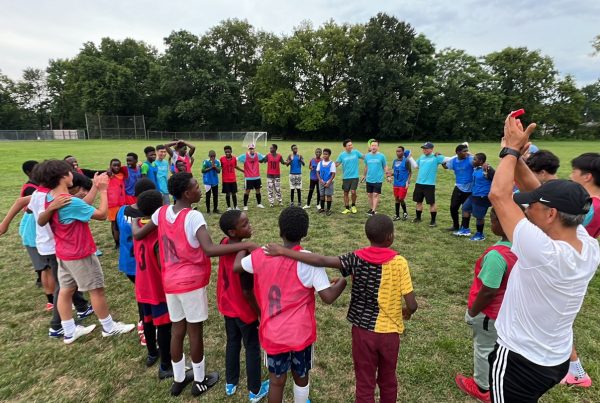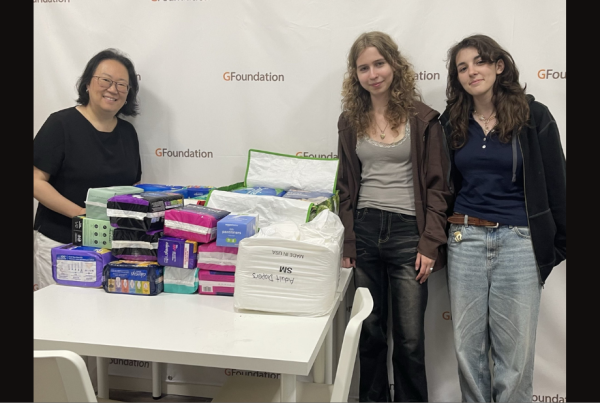In many countries in Africa, schools lack access to clean restrooms. This situation causes immense distress and fear for many children. Girls are disproportionately affected by this lack of access, particularly during their menstrual periods. The unsanitary conditions of these washrooms pose a health risk and deprive them of a private place to change their clothes and feminine hygiene products. Sanitary pads are often too expensive to afford, and managing their periods in these unhygienic conditions is a severe ordeal.
Consequently, girls often resort to using leaves or old rags as sanitary pads, leading to significant physical health issues. Moreover, the fear and discomfort associated with menstruation force many girls to skip school during their periods, resulting in higher dropout rates and ongoing educational disruption. (ref, research on Adolescent girls, GFoundation 2022).

“When my period is coming, I start to feel nervous and embarrassed. I really don’t want to go to school because I can’t afford sanitary pads, and the restrooms there are so small and dirty. So, I decide not to go to school during my period.”
– Liya (alias), a 7th-grade girl from Ethiopia
“I love gym class and wait for it every day. But on gym days, I go home early because I get sweaty, and there’s nowhere to wash up at school. I’m afraid I’ll smell bad, so I leave right after gym class,”
– Meles (alias), a 8th-grade boy from Ethiopia
GFoundation is dedicated to providing a clean and safe place for children around the world. In cooperation with GFoundation’s Ethiopia branch, GFoundation has been building and renovating washrooms and other hygiene facilities in Ethiopian schools since March 2022. Through these hygiene facility renovations, we are also connecting schools and communities to stable water supply. Our current project will run from May 2024 to the end of December 2025, and it will benefit students of 10 schools in the Oromia State, which contains Gelan-guda, Sebeta and Sherger City.
By the conclusion of the project, an estimated 8,172 students will have access to improved washrooms and clean water in their schools. In addition, a total of 26,200 people, which is composed of parents and school staff, will also benefit from the project.
Additionally, to change the perception of menstruation among children, we conduct surveys and use the results to educate them about sexual health and how to manage during their menstrual periods. Furthermore, we encouraged children to create after-school clubs to enhance these children’s leadership skills.

As our project in Ethiopia continues, we plan to expand our program to construct and renovate 50 more restrooms in schools across Ethiopia. We kindly ask for your heartfelt support to help us achieve this goal. Together, we can protect girls’ dignity and empower them to continue their education and success in the future.








